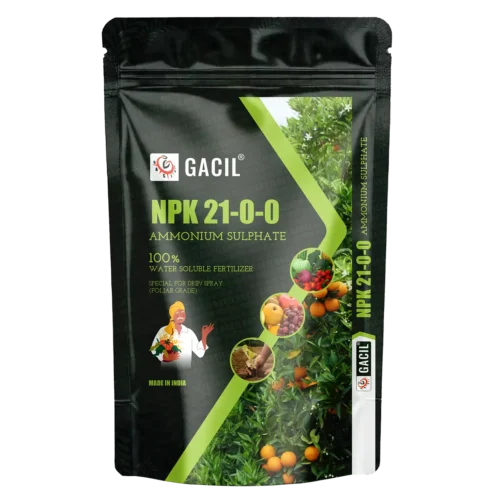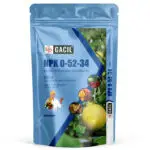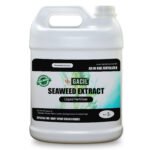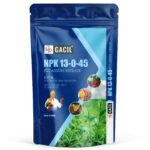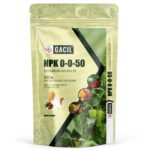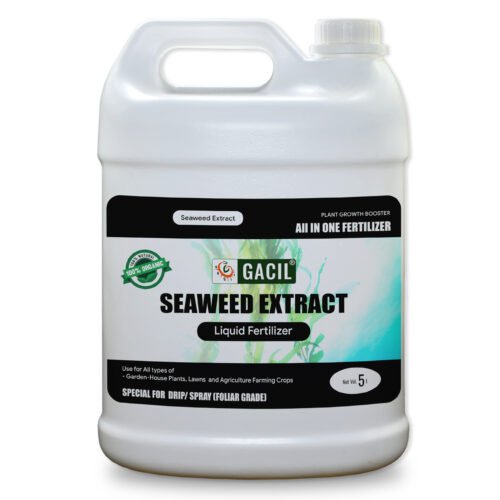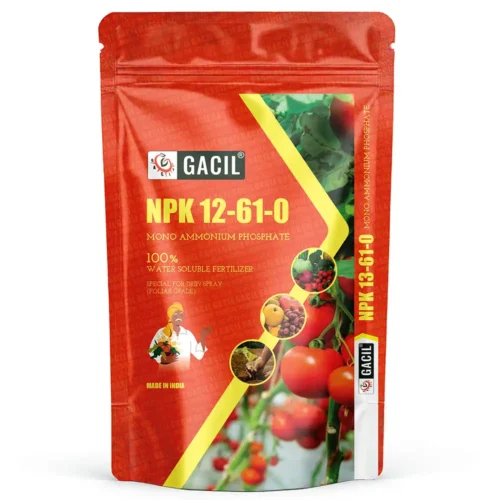Description
Zinc Sulphate Monohydrate
Dosage
- 🌿 Foliar Spray: Dosage: 5-10 grams per liter of water (0.5%–1% solution) Application Frequency: Every 7–14 days Best Time: Early morning or late afternoon (avoid strong sunlight) Note: Ensure thorough leaf coverage, but avoid runoff.
- 💧 Fertigation (Drip Irrigation / Hydroponics): Dosage: 5–10 kg per acre per application (or 5–10 g per liter of water in hydroponics) Frequency: Weekly or as needed during flowering/fruiting stages Dilution: Dissolve completely in water before application
- 🌱 Soil Drench (less common for this formula): Dosage: 20–40 grams per liter of water Use Case: When foliar or fertigation isn't feasible
Benefits

Provides readily available Zinc
Enzyme Activation: Zinc is essential for the activation of enzymes involved in carbohydrate metabolism, protein synthesis, and energy production. Hormone Production: It plays a key role in the synthesis of growth hormones like auxins, which are crucial for cell elongation and plant development. Photosynthesis: Zinc is involved in chlorophyll formation and the process of photosynthesis. Stress Tolerance: Adequate zinc levels can enhance a plant's tolerance to various stresses, including cold weather. Reproductive Development: Zinc is important for flowering, fruit set, and seed formation.

Correct Zinc Deficiency
It effectively prevents and corrects zinc deficiency symptoms in crops, which can manifest as stunted growth, chlorosis (yellowing of leaves, often interveinal), reduced leaf size ("little leaf"), and poor fruit development.

Improved Crop Growth and Yield
By ensuring adequate zinc supply, it promotes healthy vegetative growth, better root development, and ultimately leads to increased crop yields. This is particularly significant in crops highly susceptible to zinc deficiency like maize, rice, wheat, pulses, oilseeds, fruits, and vegetables.

Versatile application
Enhanced Nutrient Utilization: Zinc can improve the plant's ability to absorb and utilize other essential nutrients. Improved Produce Quality: Adequate zinc contributes to better quality of grains, fruits, and vegetables, including improved appearance and nutritional content. Increased Disease Resistance: While not a direct pesticide, healthy plants with sufficient zinc are generally more robust and less susceptible to certain diseases.
Things to Consider
Nutrient composition
Check the specific nutrients included in the ammonium sulphate and verify it aligns with your plants' needs. Some popular micronutrients in these blends include Nitrogen and Sulphur.
Application rates
Always follow the instructions on the product label for proper dilution and application frequency to avoid overfertilization.
Plant compatibility
Certain plants might be sensitive to specific nutrients. Research the appropriate blends for your plant types.
Soil testing
While helpful, humic fertilizers might not address underlying soil deficiencies. Consider soil testing to determine specific nutrient needs for targeted solutions.




